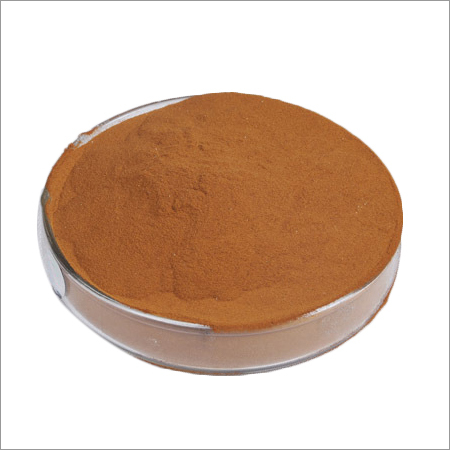
Potassium Fulvic Acid 80%
- What is fulvic acid? Fulvic acid is a type of organic compound that is found in soil and water. It is made up of different components, including carbon, hydrogen, nitrogen and oxygen content. It is one of the components of humic substances generally obtained from humic soil in forests. Fulvic acid has an open carbon structure that is a lightweight compound (low molecular weight) with almost miraculous properties. These are considered complex acids that cannot be synthesized in labs. Fulvic acid plays a critical role in plant health by helping transfer nutrients from the soil to the plant. It also increases plant strength and helps improve the absorption and use of these nutrients by the plant. Higher quality humic and fulvic acids can maximize these benefits. Fulvic acid can be used in a number of ways to improve plant health. It can be added to the soil, used as a foliar spray, or applied directly to the roots. When used as a soil amendment, fulvic acid can help to improve nutrient uptake and increase the overall health of the plant. When used as a foliar spray, it can help to prevent disease and improve the plant's ability to absorb nutrients. When applied directly to the roots, fulvic acid can help to stimulate growth and improve overall plant health.
- What does fulvic acid do to plants? Fulvic acid increases the plant's oxygen uptake capacity, along with chlorophyll and membrane permeability, allowing more nutrients to enter the organism. It's capable of dissolving minerals and trace elements in a unique way. It also helps in photosynthesis and plant metabolism for increased growth by improving soil organic matter.
- What does fulvic acid do for soil? Fulvic acid helps to bind minerals and other nutrients together, making them more available to the plant. It also helps to loosen compacted soil, which improves water infiltration and aeration. Fulvic acid can also help to suppress harmful microorganisms in the soil. Fulvic acid benefits for plants include better root development, better water, and nutrient uptake, and much, much more. But due to mainstream gardening practices, the soil is often depleted of these acids or contains only trace amounts.
- There are many benefits for plants when it comes to using fulvic acid. Some of these benefits include : Increased growth and flowering Protection from disease Increased nutrient uptake Protection from disease Improved soil health Protection against environmental stressDecreased toxinsImproved microbial growth
Description
Potassium fulvic acid 80% is a short carbon chain molecule that can be extracted from humic acid. It is a plant active humic acid compound with high loading capacity and physiological activity.
Mode of Action
Potassium fulvic acid serves as a chelating agent, binding with essential nutrients such as potassium, calcium, magnesium, and micronutrients. This chelation improves nutrient solubility and availability, making them more accessible to plants for uptake.
Applications
Dilute potassium fulvic acid in water and apply it directly to the soil around the root zone of plants. This delivers nutrients and biostimulants to the root system, promoting root development, nutrient uptake, and stress resistance.

